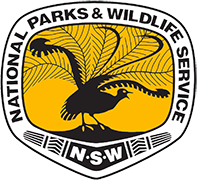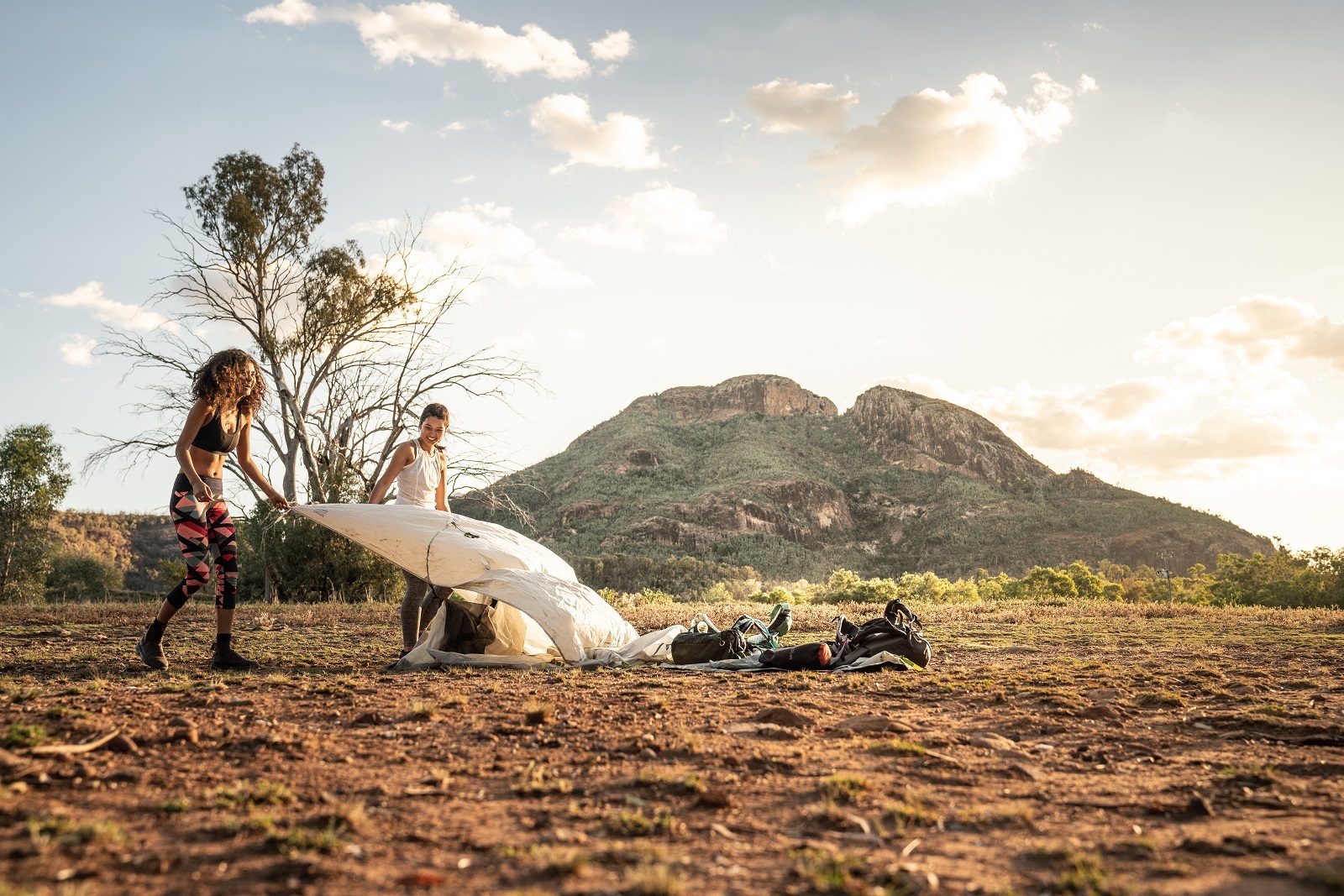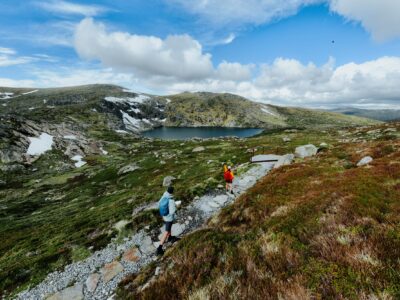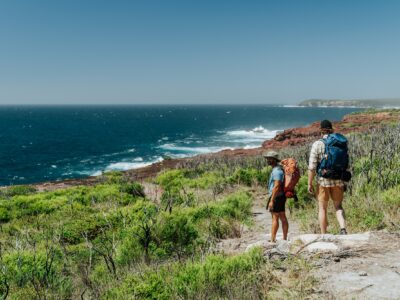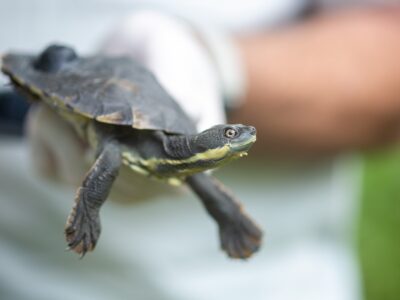We’re not all experienced campers or hikers. And even if you’ve camped once or twice at a festival or a mate’s birthday weekend, some of us live in the inner city and/or have housemates, meaning we don’t have the luxury of storing tents, mattresses, tarps and camping stoves.
So what to do when we feel the call of the wild (or get invited to another one of these last-minute birthday-slash-camping trips)? From tent rentals to camping hacks, there are a stack of services that’ll do the heavy lifting for you, including this handy list of everything you’ll need to grab before you go.
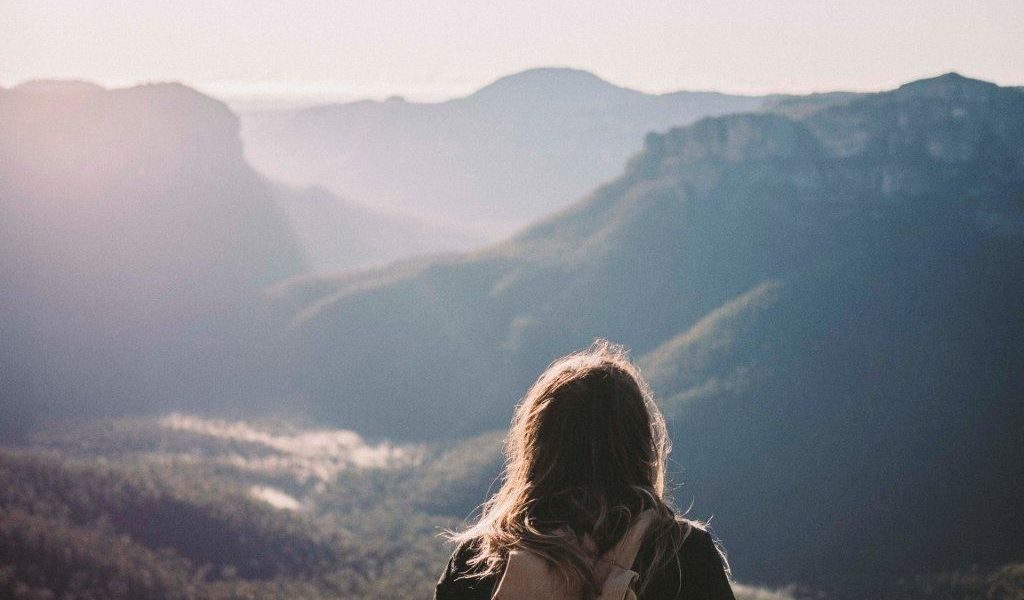
-
1/7
Get a tent (or roof) over your head
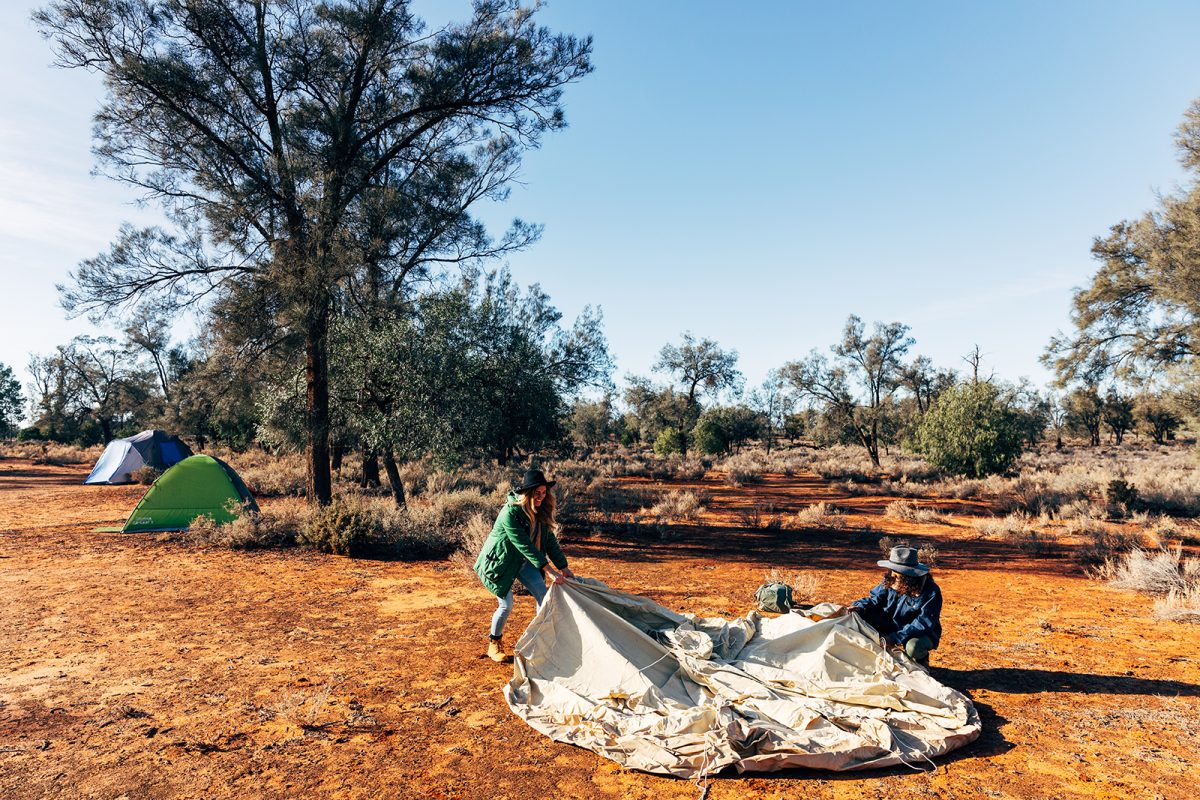 Photo Information
Photo InformationSetting up a tent at Main campground in Mungo National Park.
Main campground
Mungo National Park
Melissa Findley/DPIE (2018)
There’s no need to buy a tent if you can’t spare the cash or haven’t got the storage space. That’s where camping rentals come in. The folks at Overnight Adventures will sort you out with everything you need. If you want something even easier, Wallaroo Camping Hire rents beginner-proof kits designed for common camping occasions, taking the guesswork out completely. Campify hires out RVs, which take tents out of the equation completely in favour of a comfy caravan, motorhome or trailer experience – basically glamping on a reasonable budget.
-
2/7
All the essentials
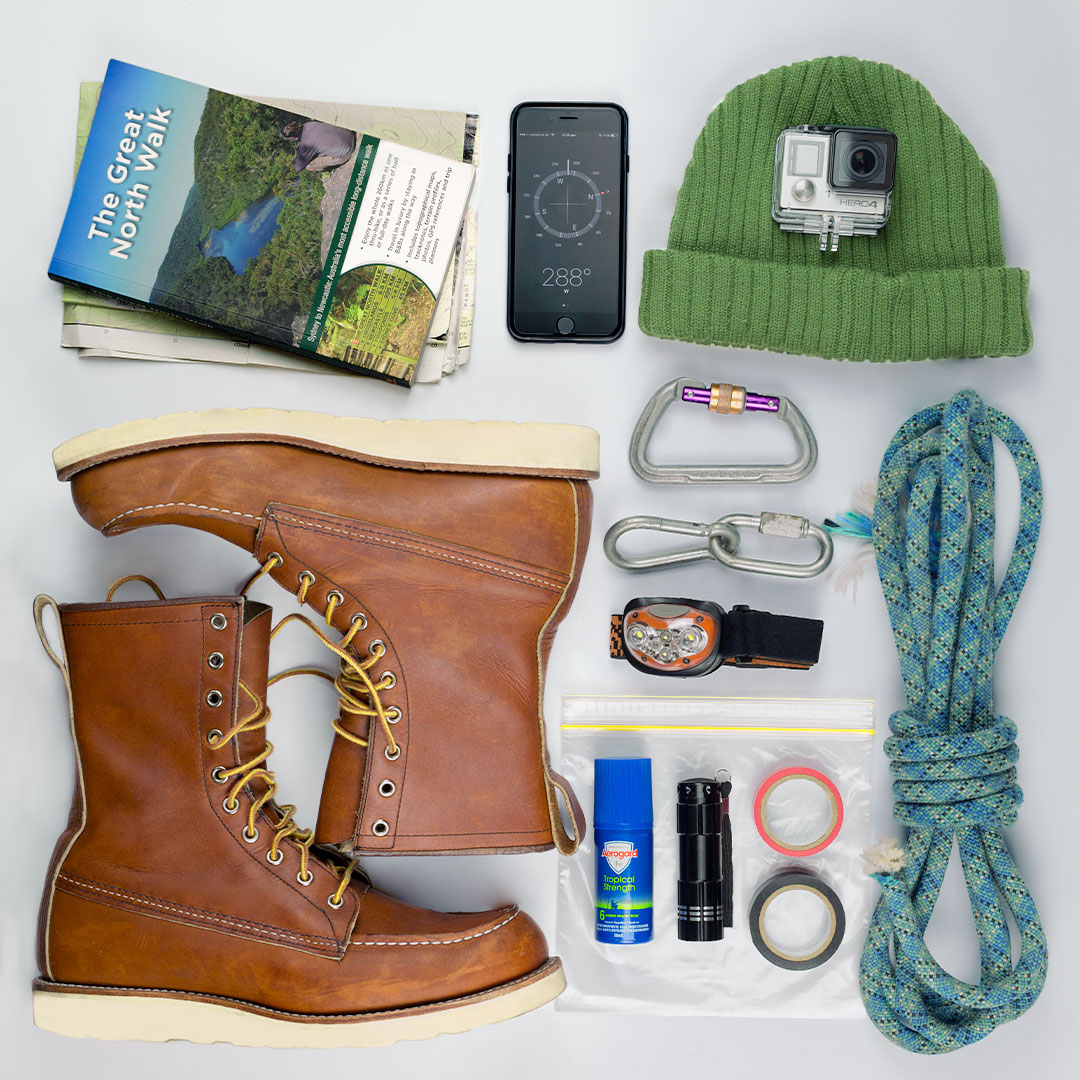 Photo Information
Photo InformationNPWS
The whole point of camping is to get back to nature and get back to basics, but the reality is you still need survival essentials like a sleeping bag, camping chair and bug spray. Take this checklist with you when you run out to late-night shopping.
You can pick up most of this gear from any good camping store. But if camping is more of a casual affair, ask around and borrow the gear. Try your local secondhand store for the kitchenware and any miscellaneous bits and pieces. Your bank account and the environment will love you for it.
Don’t forget to bring some fun stuff, too: like a deck of cards, a frisbee, a footy and whatever else you like doing to unwind – or socialise, as the case may be.
-
3/7
Camp chow
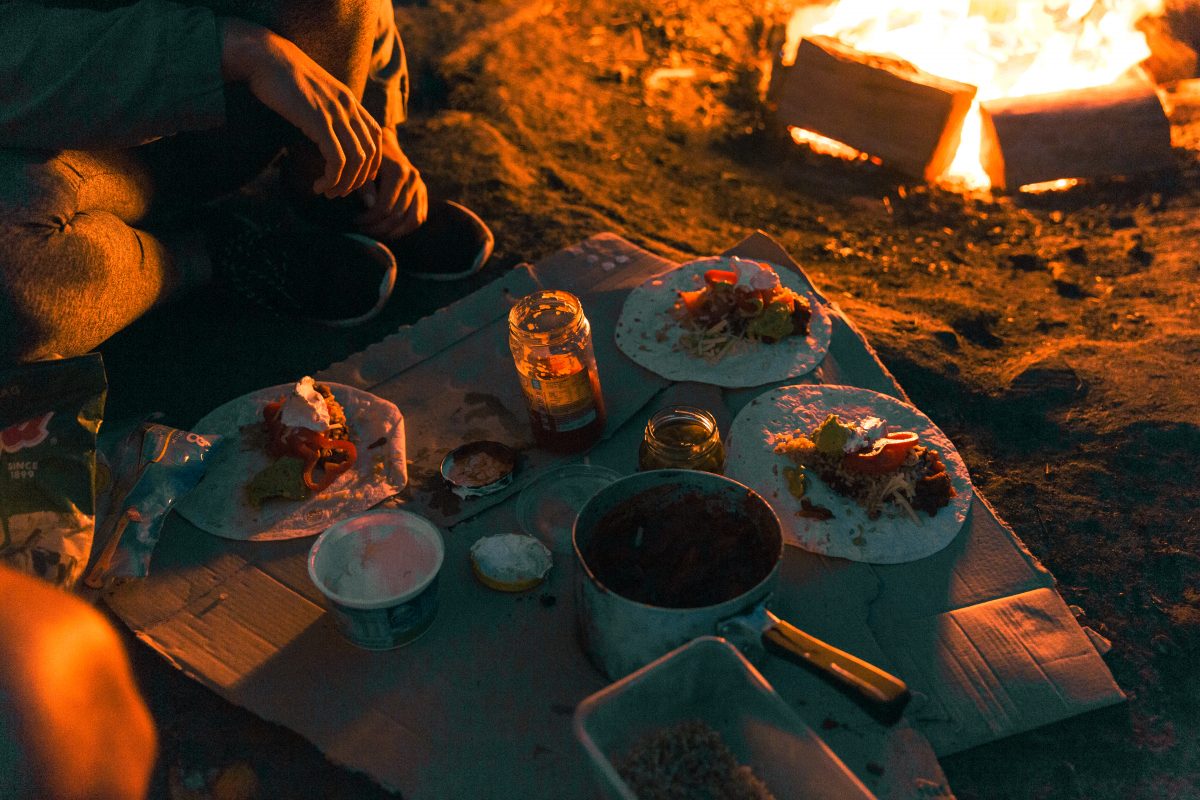 Photo Information
Photo InformationTim Clark / DPE
At the risk of sounding like Jamie Oliver, you don’t want to do more than bung a bit of meat or veg on the BBQ so you can spend the rest of the time on good conversation and throwing back a couple of bevs. Check out our all-time favourite camp meals for some A+ inspiration. The bulk of your food should be stuff that won’t go off (think trail mix, tinned veg, sliced bread, canned tuna and crackers), and should be kept in sealed plastic or glass containers to keep critters away. And don’t forget water. Heaps and heaps of water. You’ll need a few litres per person, per day, but do the research before you pack: hiking will affect how much you drink, and some campsites will have a tap on deck.
Pro tip: If you’re heading out on a walk or hike – always be prepared. Read our tips on how to stay safe on a bushwalk.
-
4/7
Be a good bushmate and leave no trace
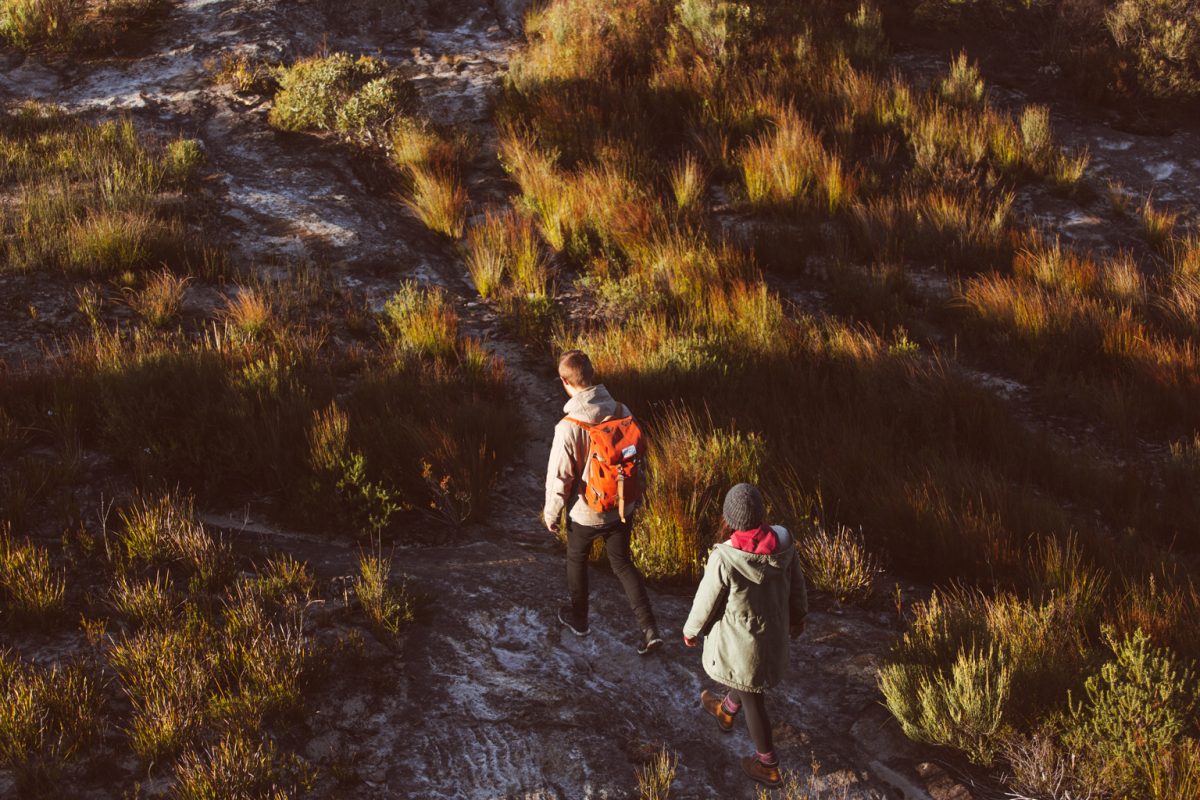 Photo Information
Photo InformationBlue Mountains National Park
Tim Clark / DPE (2016)
We’ve all had that housemate who doesn’t clean up after themselves (passive aggressive notes on the fridge, anyone?), and leaving rubbish in nature is an even worse move. Pack in and pack out, always: food scraps included. Wrappers and half-eaten sausages attract wildlife who will either swallow something bad for them (like a poisonous food or plastic) or develop a relationship with humans that could further endanger them. Put your rubbish in a bag and if there are no bins then take it with you. Never put your rubbish or food scraps in the fire. Check out our guidelines on how to leave no trace.
Want to know why feeding native animals is the worst thing you can do? Read: Keep wildlife wild #don’tfeedit.
-
5/7
Camping doesn’t have to be super hard
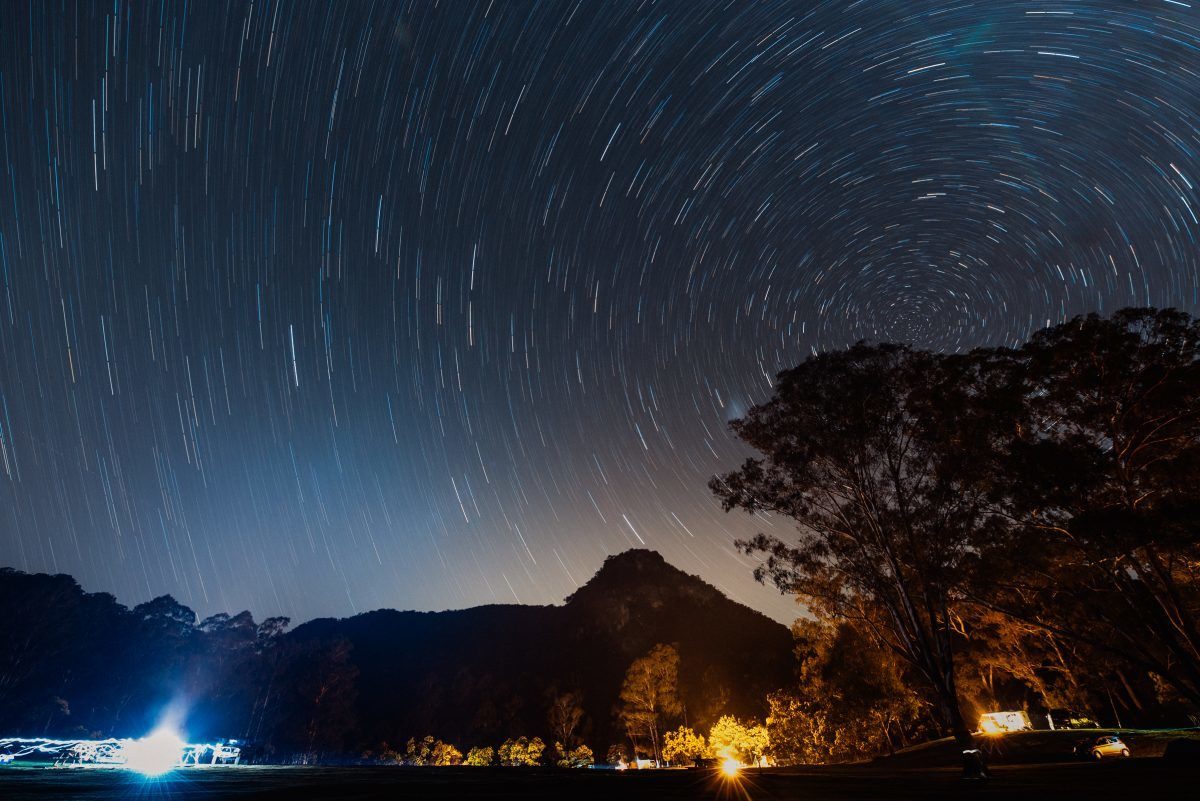 Photo Information
Photo InformationAdrian Mascenon
If you have a say in it, choose a campsite that has amenities that make life easier, like running water, picnic tables, BBQs, toilets and showers. You can build up to some more self-sufficient adventures once you get a taste for what camping can do for your soul.
Some great options:
- Cattai campground at Cattai National Park
- The Ruins campground at Booti Booti National Park.
- Mungo Brush campground at Myall Lakes National Park
- Diamond Head campground at Crowdy Bay National Park
Pro tip: All camping sites in NSW national parks need to be booked. Don’t miss out and book ahead.
-
6/7
Camping hacks
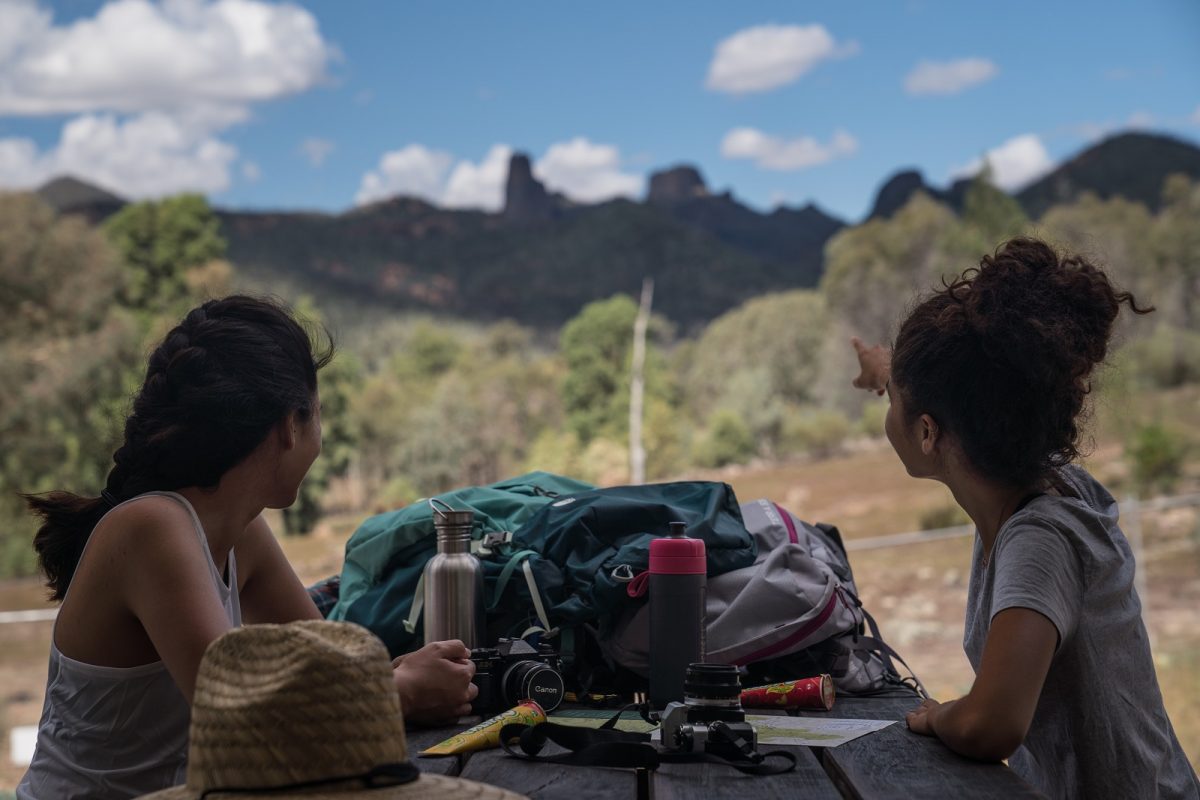 Photo Information
Photo InformationBe prepared. Plan ahead. Good times.
Breadknife and Grand High Tops walk
Warrumbungle National Park
Rob Mulally/DPIE (2018)
Now for the fun part: our favourite camping hacks.
- Pack some solar lanterns that light up automatically when it gets dark.
- Throw some sage on your campfire to keep mosquitos away.
- But if you do get bitten, use deodorant or paw paw cream on your mozzie bites to stop them from itching.
- Make eggs portable by cracking them into a water bottle. Then just pour them out as needed. And make sure you keep them cool in an esky.
- Bring a small tub with you to wash up your kitchen bits and bobs.
- Use corn chips instead of kindling to get your fire roaring (and use the leftovers for nachos, obvs).
- Hang up a fabric shoe rack to keep all your bits and pieces off the ground (like matches, cutlery and kitchenware).
- Sew a bar of soap into a piece of towel for a portable self-soaping loofah.
- On that shower tip, make a DIY shower with a water bottle and a watering can.
- Bring a microfibre towel for an ultra-absorbent, light-weight alternative to a bath towel.
Here’s more tips to be a BOSS at camping.
-
7/7
Be safe, tho!
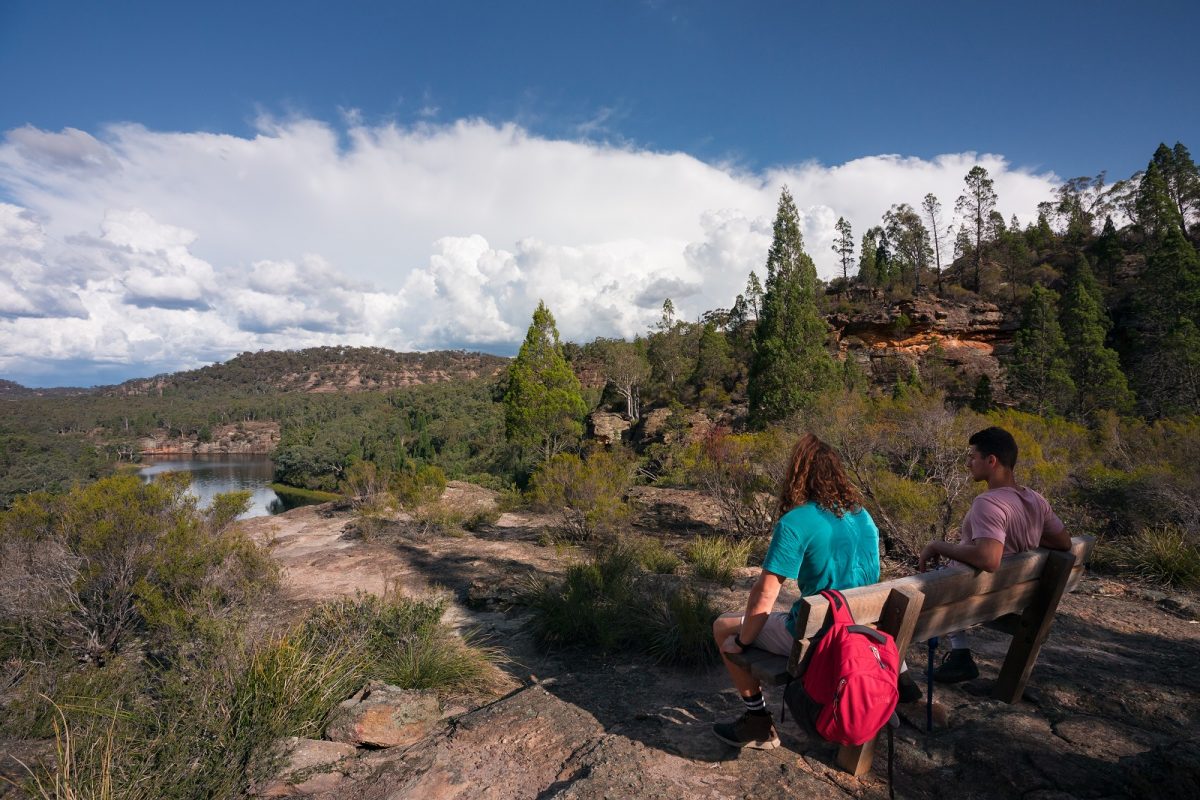 Photo Information
Photo InformationWorth the effort
Pagoda Lookout walking track
Wollemi National Park
Daniel Tran/DPIE (2018)
Last, but definitely not least: no matter how much of a rush you’re in, make sure you read the safety tips before you set off and observe what’s going on weather-wise and check for any alerts for your adventure.
It doesn’t cost anything to be respectful; play nice with your fellow camper, and pay attention to park specific directions and any advice from staff. They’re there for a reason. Happy camping, happy campers!
